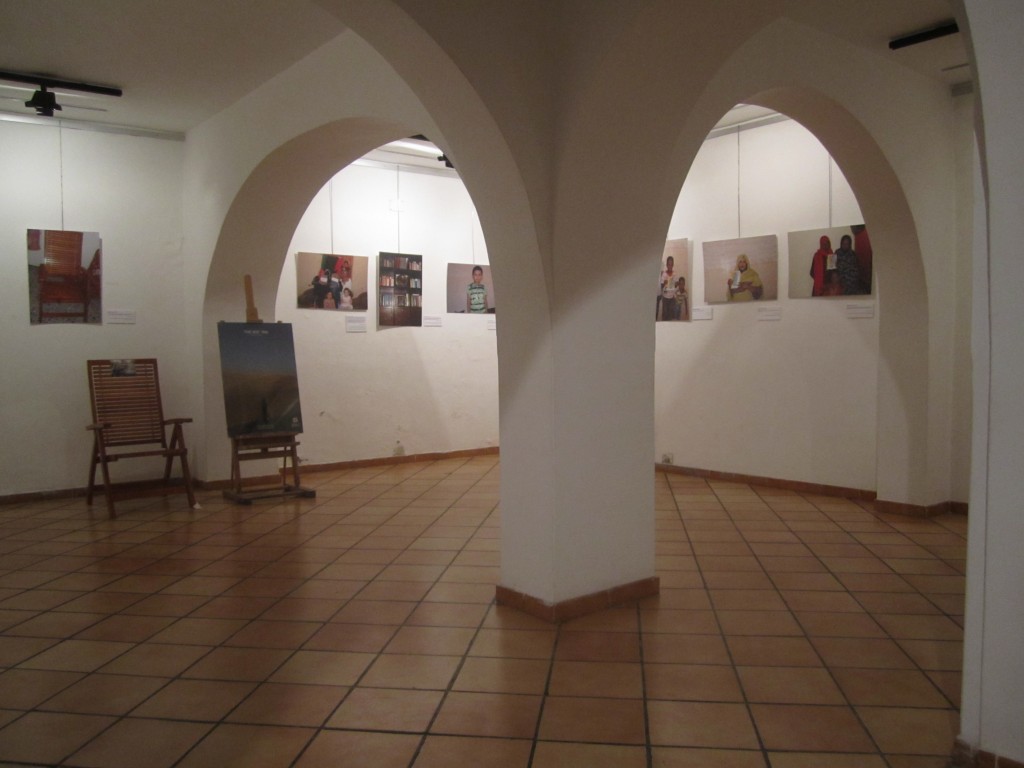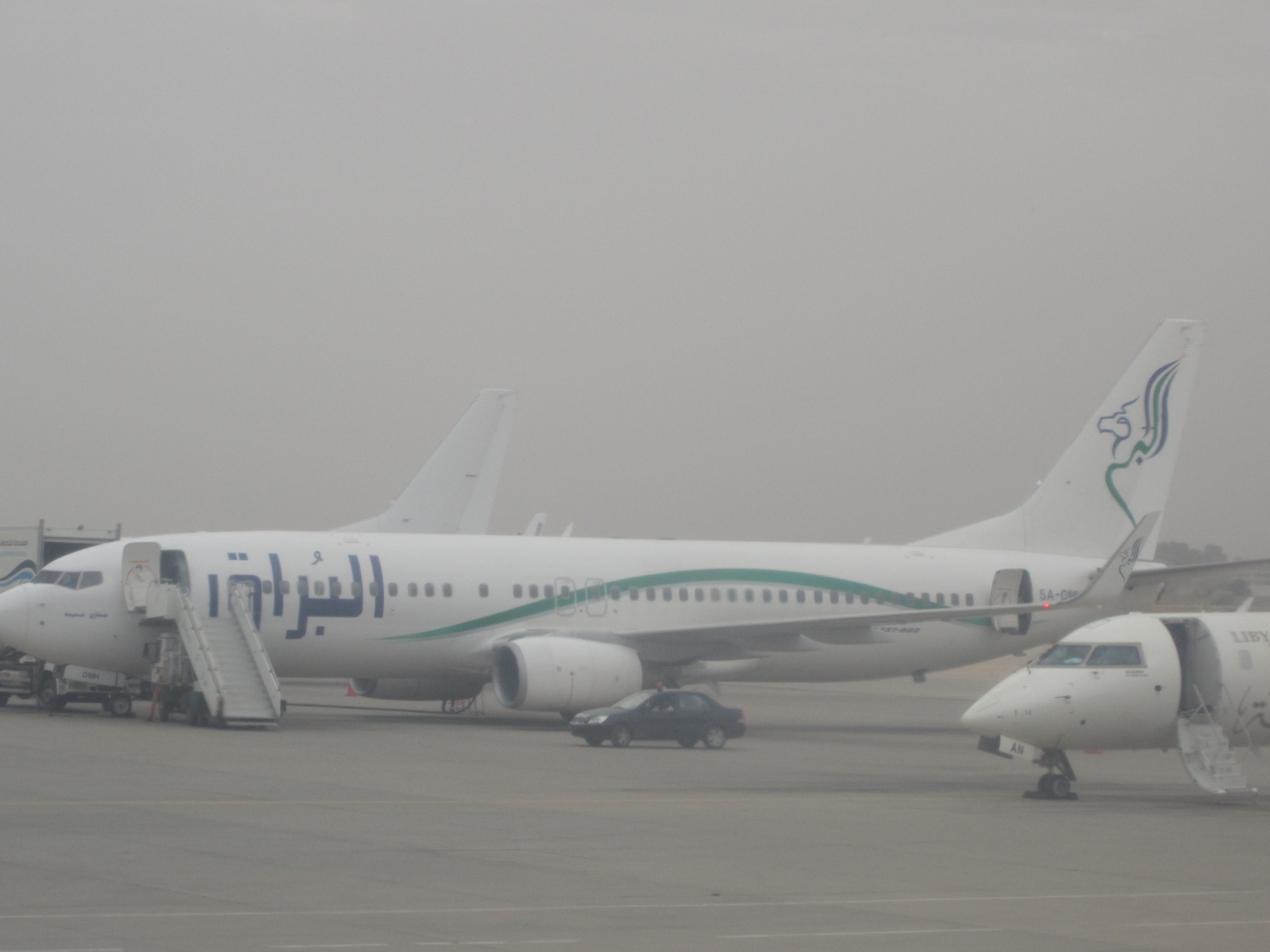By Tom Westcott.

Tripoli, 1 September 2013:
Some 200 people packed out the basement of Tripoli’s Art House last night for the opening . . .[restrict]of an exhibition highlighting the impact of Libya’s missing persons on children.
The exhibition, organised by the International Committee of the Red Cross (ICRC), features a moving seven-minute video showing ten children individually talking to missing relatives, represented by an empty chair. One girl tells her father that she has passed her exams, while another says quietly: “I wish you really were sitting in that chair.”
As people gathered to watch the first showing of the film, the silence was broken only by the sob of a mother, when her son spoke on screen to his missing father.
ICRC project delegate for missing persons Nancy Hamad told the Libya Herald that she had been inspired by the children of the families she has been visiting. These home visits are part of a project to try to assess the numbers of missing people across the country – a figure the government still does not have – and the needs of those families left waiting in limbo.
“I wanted the children to be involved somehow and the idea suddenly came to me,” Hamad said. The filming was done with only take, she said, to be as spontaneous as possible, and was not shot by a professional, in case this intimidated the youngsters.
Other children were given a digital camera and asked to express their emotions through the medium of photography, the results of which make up much of the exhibition. Some are moving portrayals of absence, shots of rooms kept immaculately clean, clothes folded in the cupboards, ready for when their owner may return. Others are full of love, and optimism about the future, such as two paintings by nine-year-old Bayan.
As well as highlighting the plight and needs of families who still don’t know the fate of loved ones, a section of the exhibition celebrates 150 years of the ICRC’s humanitarian action in conflict zones. The organisation was set up on 17 February 1863 and now has a presence in over 80 countries worldwide.
Spokesman for the Tripoli delegation of the ICRC, Saleh Dabbakeh, told the Libya Herald that the ICRC arrived in Libya a week after the revolution started and had been working in the country ever since. As well as its work with the families of the missing, Dabbakeh said, the ICRC has been training Libyan medical staff on emergency procedures, and working with the armed forces to raise awareness of international humanitarian law.
The exhibition will run until Monday 9 September at the Art House on Al-Sekka Road, near the Prime Minister’s office. The Art House is open daily from 9 am to 3 pm and from 6 pm to 8 pm.
Admission to the exhibition is free. [/restrict]








